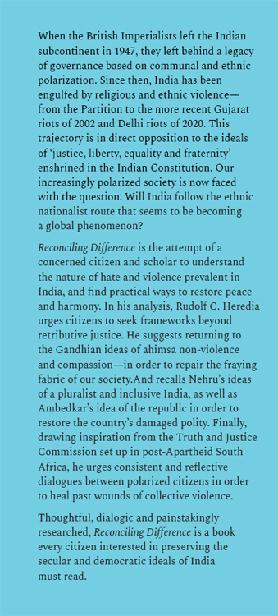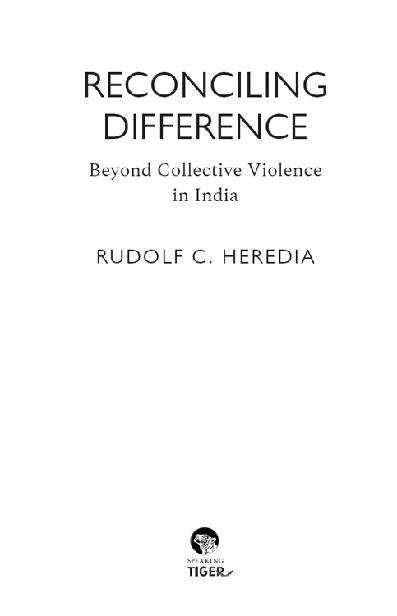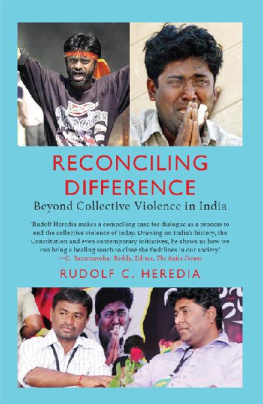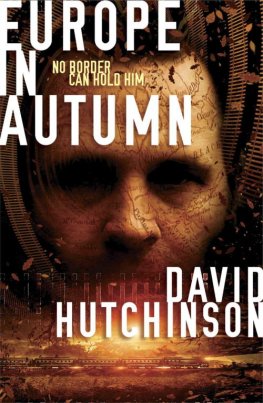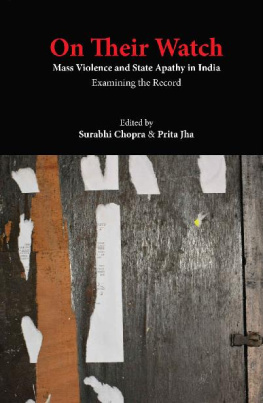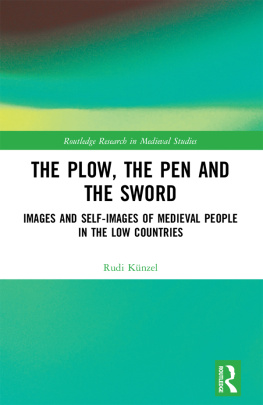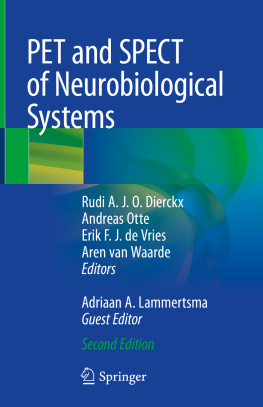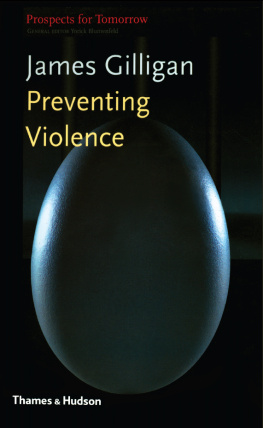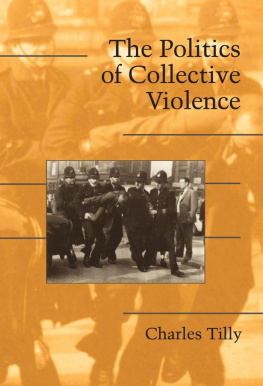Reconciling Difference
Praise for Reconciling Difference: Beyond Collective Violence in India
Rudolf Heredia makes a compelling case for dialogue as a process to end the collective violence of today. Drawing on Indias history, the Constitution and even contemporary initiatives, he shows us how we can bring a healing touch to close the faultlines in our society.C. Rammanohar Reddy, Editor, The India Forum
Reconciling Difference , written by one of the foremost thinkers and writers in India today, is his most important work to date. It is also the most urgent, for its theme is collective violence, which is threatening to send India, this great civilization, spiralling down to becoming a mirror image of Pakistan, perhaps even something worse. That would be a tragedy for not just India, but all of humanity. A must-read for those who want to know what is happening in the country, and what to do about it.Kiran Doshi, author of Jinnah Often Came to Our House
A passionate advocate for peace, communal harmony, and the equal rights of all citizens, Rudolf Heredia has spent half a century bringing a moral conscience to the social sciences, and scholarly rigour to social activism. Reconciling Difference is the culmination, both of his long years of service among the most deprived communities of India, and of his painstaking research in many of the greatest libraries of the world. Heredia asks us to return to Gandhian non-violence in a time of escalating religious nationalism, sectarian strife and majoritarian violence. He explores Indias multiple traditions of religious and philosophical thought in search of resources to revitalize our damaged polity and heal our fraying social fabric. This book will rally all those who truly care about the survival and flourishing of Indian democracy.Ananya Vajpeyi, author of Righteous Republic: The Political Foundations of Modern India
Reconciling Difference is an anguished and troubled citizen and scholars attempt at understanding the present predicament of collective violence in modern India. It is a thoughtful, reflective, and dialogic engagement which explores possible ways of restoration of peace and harmony via Gandhis method of ahimsa, and within a framework true to the founding Constitution.Virginus Xaxa, Professor of Eminence and Bharat Ratna Lokapriya Gopinath Bordoloi Chair at Tezpur University (20162018)
CONTENTS
PREFACE
A GANDHIAN CLAIM
Within/Without The Wolf at the Door A Gandhian Claim Our Present Predicament Overview of the Argument
Within Without
Violence has no borders. It is like a forest fire which once lit, even if by an accidental spark, in a dry, hot summer drought burns out of control, fanned by the wind until the entire forest is gone. It must then wait for the next rains to restore it. If the rains fail, desertification will inevitably follow. But first the crisis must be recognized before it can be addressed; the problem understood, before a resolution can be attempted. The urgency of the present emphatically suggests that collective violence in India, with its brutalizing horrors, is now becoming the new normal, to judge by the way it is rationalized by its perpetrators, supporters and ideologues.
After India and Pakistan came out of their nuclear closets, the Director of the CIA (Americas Central Intelligence Agency) in 1993 warned: The arms race between India and Pakistan poses perhaps the most probable prospect for future use of weapons of mass destruction, including nuclear weapons. ( Economist 20 May 1999)
Now that both nations are armed with nuclear weapons, the premonition seems well on track. Nuclear weapons do make possible a world of Mutually Assured Destruction (MAD), in which the option of total war is mutually unacceptable. But in such a MAD world, an accident or a miscalculation may set off an Armageddon, as happened with the First Great War. But that was in the pre-nuclear era. Since then nuclear weapons have been used twice, both times by the same super power on the same disabled enemy within a few days of each other. And its justification is still contested by peace activists though forgotten by the great powers.
Some years after the CIA report of 10 March 2000, the then president of America, Bill Clinton, expressed grave concern regarding South Asia: The most dangerous place in the world today, I think you could argue, is the Indian subcontinent and the line of control in Kashmir. But a few days later on 21 March, the then Indian president K.R. Narayanan was dismissive: These alarmist descriptions will only encourage those who want to break the peace and indulge in terrorism and violence. (23 March 2000, http://news.bbc.co.uk/2/hi/south_asia/687021.stm) Notwithstanding these brave words, Kashmir still remains a flashpoint at the time of writing this book. Indeed, nuclear deterrents are designed not for hopes of peace but against threats of war, however remote. And here again, perceptions count for more than the reality, which follows like a self-fulfilling prophecy in its wake.
The ongoing hostility between these two nuclear-armed neighbours is kept constantly on the boil by their own internal compulsions. Meanwhile, spiralling internal violence is tearing apart these societies. Hindu-Muslim violence is a deliberately engineered ethnic cleansing in India. In Pakistan, religious violence is fratricidal terrorism, often politically sponsored by the state. The only lasting diffusion and reversal of this subcontinental collective violence lies in the reconciliation and healing of the warring factions between these two countries and within these societies.
The Wolf at the Door
The Native American Cherokee people have a folk tale about two wolves struggling for supremacy in a persons soul: one is good and righteous, and strives to live in peace; the other evil, full of anger, and thrives on conflict and violence. Cherokee wisdom concludes: the one we feed is the one that gets stronger and wins. The confrontation between the two can get fierce and a compromise could be sought: feeding both wolves in a pragmatic accommodation for peace. But that is only to postpone the inescapable choice. It will come back to haunt us. From the collective level of the nation down to the local community, the protagonists make the issues far more complex and dangerous, as happens when rival wolf packs feud over territory with other packs and fight for dominance within their own.
Social Darwinism leaves to natural selection the choice of which wolf to feed. Adam Smith, the Scotish economist (172390), in his Wealth of Nations (1976) leaves the outcome to the invisible hand of the free-market. Thomas Hobbes, in his Leviathan (1651), subcontracts it to an absolute sovereign power. In S cience and Human Behavior (1953) by the American psychologist B.F. Skinner (190490), stimulus and response become an infinite regress since every response would be to an earlier stimulus. The American sociobiologist, E.O. Wilsons (b. 1929) On Human Nature (1978) bases human behaviour in biology and attributes choice to the inherited altruistic or selfish genes. For the 18th-century utilitarian Benthamites, the greatest good for the greatest number is what matters, ignoring the smaller numbers of more vulnerable people at the margins of society and the discriminated-against minorities, ghettoized outside the scope of these majoritarian calculations. Neoliberalisms rational actors with their bounded rationality often show themselves up as rational fools. (Amartya Sen 1997)
